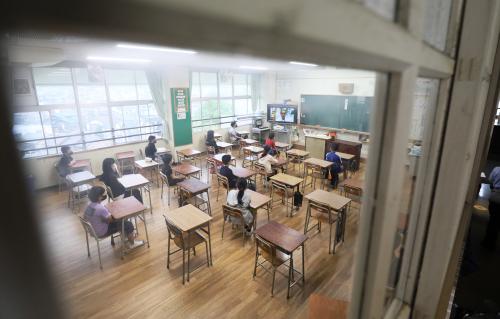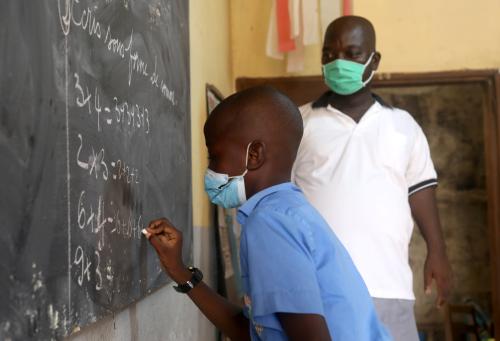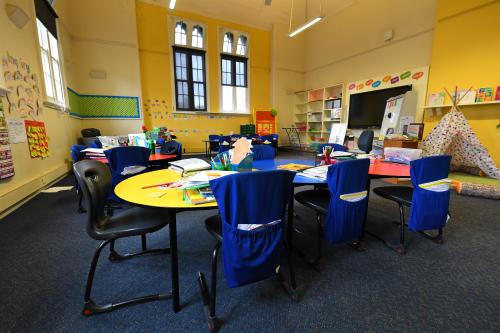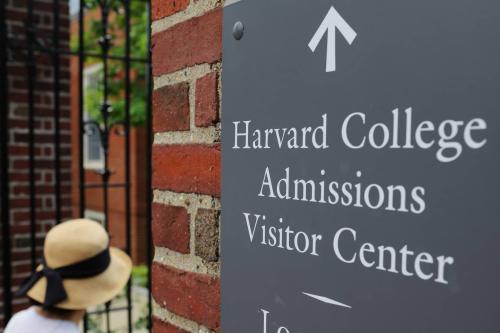On July 21, former Prime Minister of Australia, Kevin Rudd, spoke to a select group of education leaders from around the globe about the challenges and opportunities caused by the COVID-19 pandemic. His remarks were the latest in the Leadership Dialogue Series, a series of virtual roundtables organized by the Center for Universal Education at Brookings and the World Bank, along with Senator Esteban Bullrich of Argentina and global education expert Vikas Pota, focusing on strategies to protect investment in education when governments are struggling with competing priorities as a global recession looms. This series provides an opportunity for senior political leaders to share their expertise and insight with leaders in the education sector and answers the question, “Who do heads of state listen to?”
Throughout Prime Minister Rudd’s time in office (2007-2010 and in 2013), he demonstrated a commitment to education reform resulting in major education initiatives, including the Digital Education Revolution and Building the Education Revolution. In his remarks, the prime minister emphasized that investment in education is indicative of a nation’s success, stating that “if political leaders do not understand that education must be their number one priority, both in terms of social justice but frankly in terms of national economic development, then their priorities are wrong.” He made the case that within education, priority should be the early years, given that research suggests quality early childhood education is foundational to a child’s development. The prime minister acknowledged that the COVID-19 pandemic has created competition for national public funding made all the more difficult by a collapsing tax base and a scarcity of resources, but warned that “unless we find a way of sustaining education for kids of school age, either online or in new arrangements with physical classrooms, we’re creating massive and rapidly unfolding set of social and economic problems for our various countries.” The prime minister believes the education sector can find ways to leverage alternative sources of finance beyond national budgets and private funds, highlighting new sources such as education bonds as a possible solution given the current cost of capital is relatively cheap and borrowing costs in most countries are low.
Watch the prime minister’s opening remarks delivered during the Leadership Dialogue Series virtual roundtable below.






Commentary
A conversation with Prime Minister Kevin Rudd: Prioritizing education during COVID-19
July 30, 2020